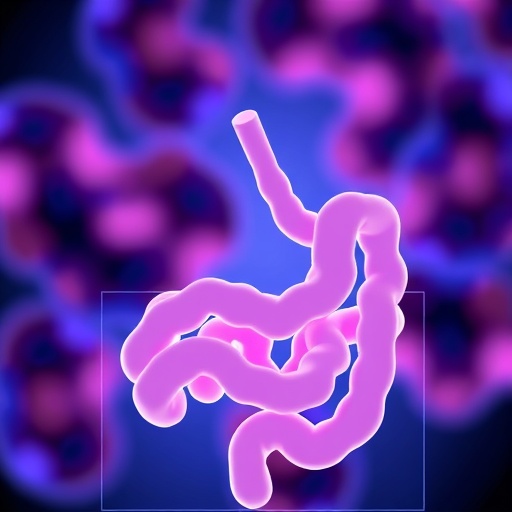The largest study of its kind found mothers who consumed their placenta passed on no harm to their newborn babies when compared to infants of mothers who did not consume their placenta.
The joint study by UNLV and Oregon State University was published May 2 in the journal Birth.
Reviewing roughly 23,000 birth records, researchers found no increased risk in three areas: Neonatal Intensive Care Unit admissions in the first six weeks of life; neonatal hospitalization in the first six weeks; and neonatal/infant death in the first six weeks.
The study also found that women who reported a history of anxiety or depression were more likely to consume their placentas, and that the most common reason for choosing the practice was to prevent postpartum depression.
"This research, based on a large sample of consumers, gives us a better understanding of why women are consuming placenta after birth and the effects of that consumption on newborns," said study co-author Melissa Cheyney, a licensed midwife, medical anthropologist and associate professor in Oregon State University's College of Liberal Arts. "The findings also give us a foundation from which to further explore the impact of placenta consumption on postpartum mood disorders."
Consuming the placenta following childbirth is an increasingly popular trend in industrial countries, such as the United Kingdom, France, Germany, Australia, and the United States. Although precise estimates are not yet available, most experts agree there are many thousands of women in the U.S. alone who practice maternal placentophagy. And while the practice appears to be more common in home birth settings, it has been spreading to hospital births.
The new study, which examined birth outcomes and newborn risk, as well as how women consume their placentas and their motivations for doing so, contrasts a recent Centers for Disease Control and Prevention report recommending against placentophagy.
The CDC report was based on a single case study of a baby in Oregon who may have become infected with group B Streptococcus agalactiae following maternal consumption of an infected placenta. Based on that case, the CDC recommended that placenta capsule ingestion should be avoided.
"Our findings were surprising given the recent guidelines recommending against placenta consumption, as well as the known risks of consuming uncooked or undercooked meat," said Daniel Benyshek, a professor of anthropology at UNLV and the study's lead author. "These new findings give us little reason to caution against human maternal placentophagy out of fear of health risks to the baby."
A study by Benyshek and colleagues last year found taking placenta capsules had little to no effect on postpartum mood, maternal bonding, or fatigue, when compared to a placebo, although the study did identify a small, dose-specific impact on some maternal among participants taking the placenta capsules, and may warrant additional research.
The new research was based on the Midwives Alliance of North America Statistics Project, a perinatal registry of maternal and infant health data from midwife-led births primarily at home and in birth centers.
The researchers said nearly one-third of the women in the database consumed their placenta following birth, mostly via capsules containing cooked or raw, dehydrated and ground placenta.
They also found that, among this sample of women who planned community births, those who consumed their placenta were more likely to be from a minority racial or ethnic group; hold a bachelor's degree; be having their first baby; and be from the Western or Rocky Mountain states.
While the study found no risk to babies, it did not examine impact on postpartum mood disorders.
Benyshek and Cheyney also found a small, dose-specific impact on maternal hormones after consumption. Additional research is needed, the professors said.
"While there is currently no evidence to support the efficacy of placentophagy as treatment for mood disorders such as postpartum depression, our study suggests that if neonatal infection from maternal consumption of the placenta is possible, that it is exceedingly rare," Cheyney said.
###
Media Contact
Francis McCabe
[email protected]
702-895-5515
http://www.unlv.edu
https://www.unlv.edu/news/article/study-maternal-placenta-consumption-causes-no-harm-newborns-0
Related Journal Article
http://dx.doi.org/10.1111/birt.12354




